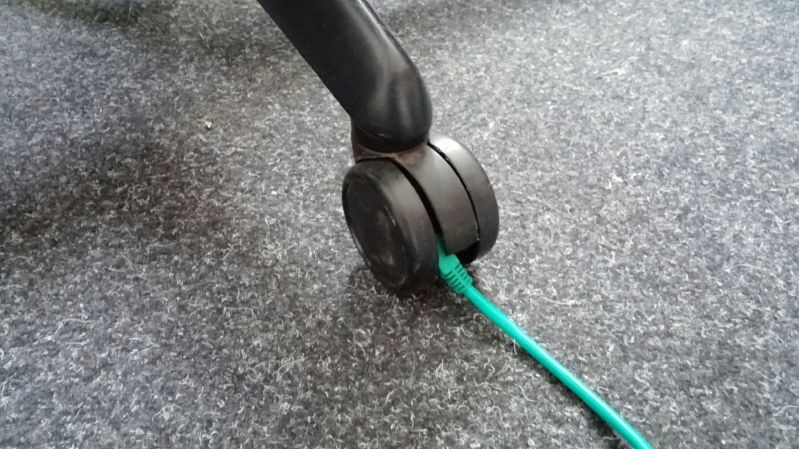Ranter
Join devRant
Do all the things like
++ or -- rants, post your own rants, comment on others' rants and build your customized dev avatar
Sign Up
Pipeless API

From the creators of devRant, Pipeless lets you power real-time personalized recommendations and activity feeds using a simple API
Learn More
Comments
-
@Haxk20 That was my guess as well. I haven't been able to find any "cheap" server hardware, but I guess that depends on what you mean with cheap. Is there any manufacturer or specific hardware that you'd recommend? Perhaps something you've ran yourself?
As for security, yeah, that's one of my concerns. That and potential fire hazards. When you say not just firewall, what other security measures are you thinking about? I can't really think of anything on top hardware and software firewall, good control SSH keys, and knowing what I actually install. -
@Haxk20 Thanks for all those tips! I did some searching for the equipment you mentioned, and funnily enough someone posted just that exact server you have, but with 48GB ram, for arount $300 on a Swedish trading site.
But I'll dig in to the whole security thing a bit more. And keep my eyes open for cheap servers ;)
One final thing. Would you say that E5-2430 has good performance? It's as old as 8 years now. -
@Haxk20 Even with 48G of RAM? Anyways, if it makes that much noise I'm not sure if I'd like to have it in my small apartment ;)
-
 Condor315486yBeen a while since I checked the app (silently left basically) so I only saw this now, sorry.
Condor315486yBeen a while since I checked the app (silently left basically) so I only saw this now, sorry.
I wrote about this on https://ghnou.su/server previously. Other than that I have 3 VPS's that reverse proxy to my home for all the services including that webserver. I'd suggest making the VPS's VPN into a server at home rather than the other way around to reduce the amount of connections needed.
You can use consumer hardware really, as long as it's somewhat decent. What's often regarded as hardware issues is almost all the time buggy drivers or otherwise software issues. Other times it's workstations often having way too many components in the software stack. A simple server OS can run for months at a time even on otherwise "shitty hardware". I've been running a Thinkstation S10 for 100+ days straight now and while Think devices are by no means bad hardware, that's not fancy server hardware. It's also not new. But it works! -
@Condor I'll have a read though that page. Current status right now is just gathering hardware, but that's at a little halt now with the whole Corona thing.
And welcome back :) -
 Condor315486y@ScriptCoded thanks! I don't know if I'll rejoin yet (right now I barely monitor my notifications) but I really appreciate it :D
Condor315486y@ScriptCoded thanks! I don't know if I'll rejoin yet (right now I barely monitor my notifications) but I really appreciate it :D
As far as hardware goes though, particularly the Supermicro and rack servers in general are something I'd recommend against - they're too noisy. Any old machine with an ATX style case should do the trick and be easy to modify. Just run them for a month or so with no load first to see whether they have any hardware instabilities. If not, I'd say they're good to go - rest assured that most issues will probably be software issues (usually they are). But after that, any hardware does the job really. Whichever old hardware you have that runs e.g. Debian will likely be suitable. During the lockdown (though as of recently that seems to be close to the end fortunately), that might be a nice project :)
Related Rants

 Where is the LAN cable and why the hell does my chair not...
Oh.
Where is the LAN cable and why the hell does my chair not...
Oh. When you're preparing for a hard disk format:
When you're preparing for a hard disk format: My favorite xkcd
My favorite xkcd
So lately I've been thinking about building a server and running at home. I'm hoping that in the long run it would end up being cheaper than having a bunch of VPSes. Do any of you have experience with running your own machines? Do you think that consumer grade hardware will be sufficient for running at least a year?
Thanks for any input... :)
question
hardware
server